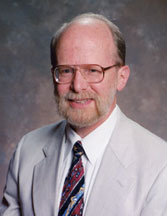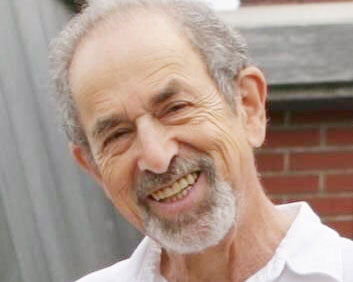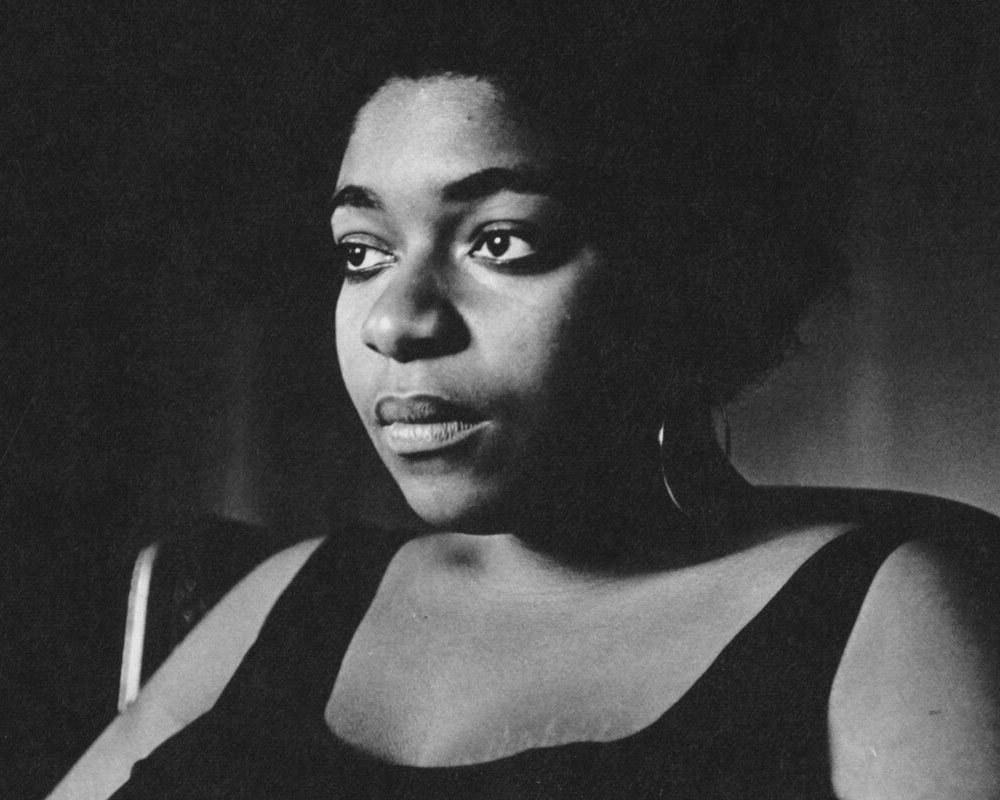David Sidney Mesirow ’61

David Sidney Mesirow ’61, November 21, 2014, in Portland, Oregon, from an accident at home.
As a student at Van Nuys High School in California, David was recognized for his excellence in both academics and athletics—it was a balance he maintained throughout his life. At Reed, he earned a BA in history, writing the thesis “Thomas Jefferson and a Naval Armament” with adviser Prof. Dorothy Johansen ’33 [history 1934–84]. Classes with Johansen, Prof. Richard Jones [history 1941–86], Prof. John Pock [sociology 1955–98], and Prof. Owen Ulph [history 1944–79] helped prepare him for his future success, he said, as did his association with Mary McCabe [commons and dorms director 1955–78]. David and Margaret Strawn ’62 met at Reed and were married in 1962. That same year, he earned a master’s in teaching at Harvard, and the couple settled in Portland.
David began his career teaching social studies at Marshall High School, and moved to the newly opened Adams High School in 1969. He developed the school-within-a-school model at Adams, and also helped to develop TeacherWorks, a national exchange for teacher-designed curriculum materials. Of critical importance to him—and ultimately to high school students at risk—was the alternative educational program, Portland Night School, which David helped to create in that setting. From 1980 to 1998, he served as both the director of the school and one of its instructors. “The work is endlessly challenging,” he wrote. “Both my colleagues and the students keep the action creative and varied; ‘boring’ is the only forbidden word, usually because there is no need to use it.”
The “wildest, most elusive” students found their match in David, wrote Oregonian columnist Steve Duin. “At the late, great Portland Night School, he often caught them at their worst, then released them into a different understanding of possibility and self-reliance.” David was passionate about the core mission of the night school: to help at-risk youth complete their secondary education. He was awarded the Rosie Bareis Award for lifetime service to alternative education.
David took an active role in the American and Portland Federation of Teachers, and served with Education Testing Service as a test development consultant and with the National Council for Accreditation of Teacher Education as a site evaluator. He advised and served on many public boards and commissions, including the Oregon State Scholarship Commission, later the Oregon Student Assistance Commission, the Teacher Standards and Practices Commission, the Fair Dismissal Appeals Board, the Governor’s Task Force on College Access, the Northwest Regional Educational Laboratory, the Oregon Commission on Public Broadcasting, and the Mt. Hood Jazz Festival.
In addition, he supported PlayWrite, founded by Bruce Livingston ’65, and participated in the ASPIRE Program. In 2002, David established the Mesirow Family Scholarship Fund at the Oregon Community Foundation to help former and current students of the Portland Night High School pursue postsecondary education. David considered himself “a political irritant in the cause of education” in his unflagging devotion to making education accessible to all students, but the outcome of his labor is immeasurable—he helped to improve the lives of hundreds of individuals.
Retirement made time for other endeavors, such as restoring the Rockery and landscape at Menucha in the Columbia Gorge, fishing on the Deschutes and McKenzie Rivers, gardening, calligraphy and paper marbling, and time spent with his two grandsons. He also participated in several Oregon Bike Ride and Cycle Oregon events, and made time for his many friends.
His friend Caroline Miller ’59, MAT ’65, who notified the college of David’s death, says that the two met during his freshman year and David worked with her in 1957, when she was editor of the Griffin. Among his hobbies were bookbinding and woodworking, both of which he did beautifully, she says. “He was a skilled craftsman with an eye to detail. He also mastered the art of pie making later in life.” Caroline recalls that David played a “mean game of Monopoly” while at Reed. “He should have gone into banking if the number of times he took my Park Place and left me with Boardwalk was an indication of anything.” David was a “masterful teacher,” she adds, and she observed him in the classroom on several occasions. “He could be tough when fighting for solid educational standards, but he was soft on kids and they loved him for it. They followed him around as if he were the pied piper.”
Survivors include Margaret; daughter Catherine; son Nicholas and his wife and sons; and a sister.
Appeared in Reed magazine: June 2015





![Photo of Prof. Marvin Levich [philosophy 1953–94]](https://www.reed.edu/reed-magazine/in-memoriam/assets/images/2022/LTL-levich1.jpg)
![Photo of President Paul E. Bragdon [1971–88]](https://www.reed.edu/reed-magazine/in-memoriam/assets/images/2020/Bragdon.jpg)
![Photo of Prof. Edward Barton Segel [history 1973–2011]](https://www.reed.edu/reed-magazine/in-memoriam/assets/images/2020/Segel.jpg)








































































